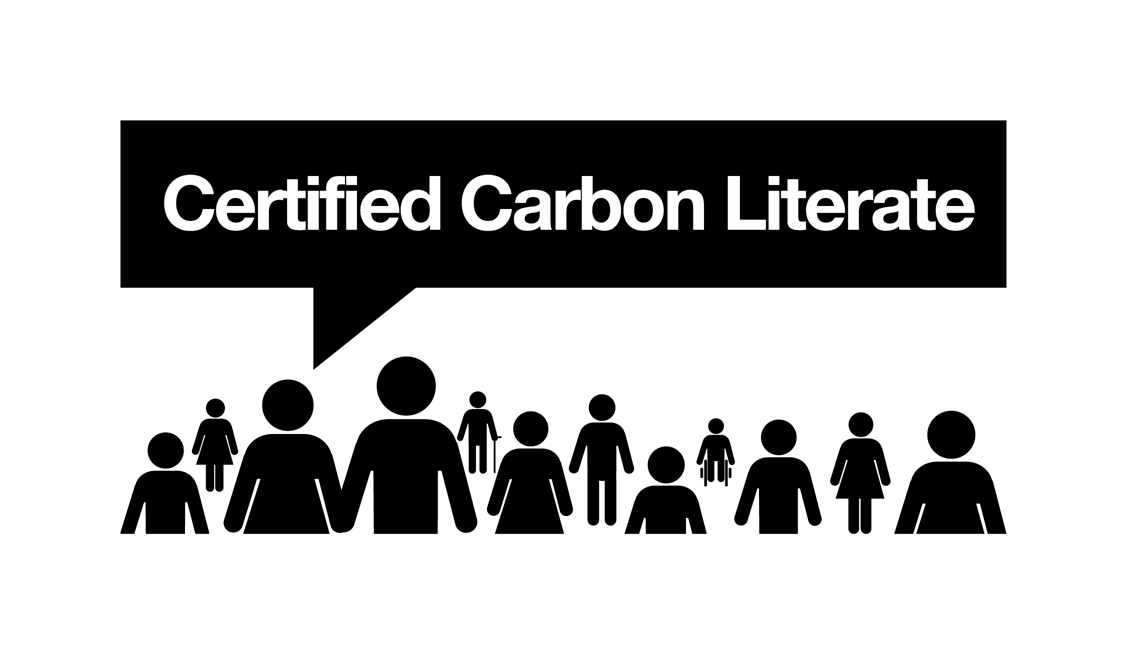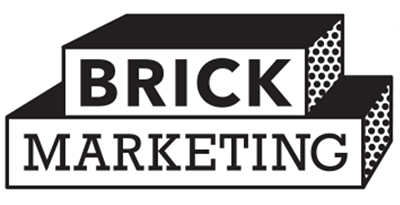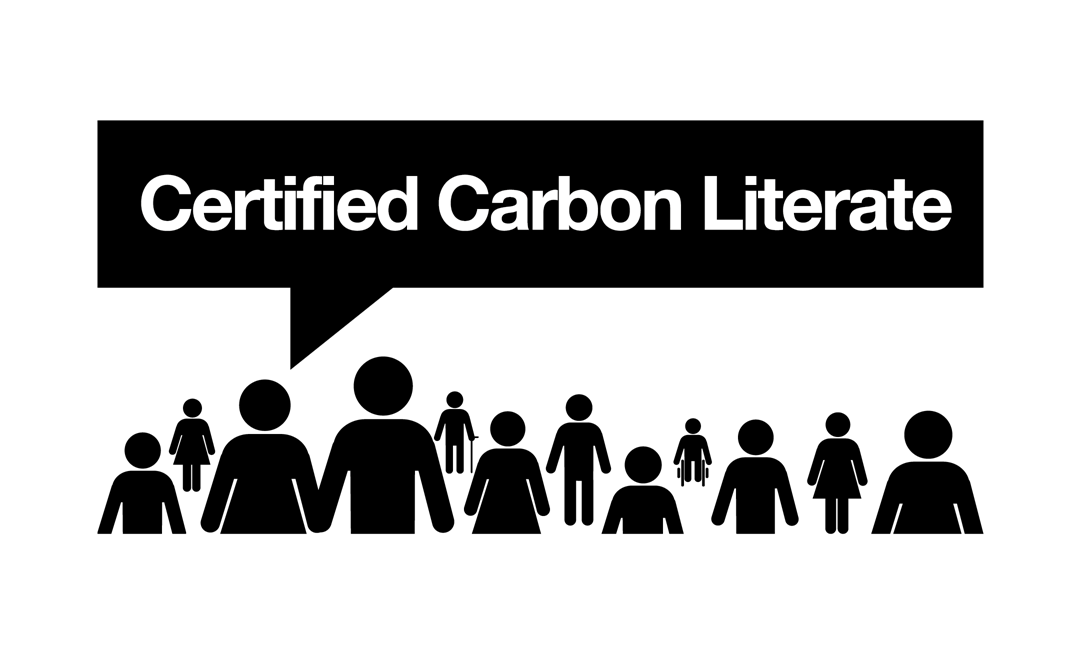
In an era where sustainability has become more than just a buzzword, but a fundamental aspect of business operations, marketers find themselves at the forefront of driving change. Among the myriad responsibilities they shoulder, one crucial aspect that’s gaining increasing traction is carbon literacy. In essence, carbon literacy refers to an understanding of carbon emissions, their impact on the environment, and the strategies to mitigate them. We have recently become Certified Carbon Literate from the Carbon Literacy Trust.
Here’s why it’s imperative for marketers to be carbon literate:
1. Aligning with Consumer Values
Today’s consumers are more environmentally conscious than ever before. They scrutinize the environmental footprint of the products they purchase and the brands they support. A study by Nielsen found that 73% of global consumers say they would definitely or probably change their consumption habits to reduce their impact on the environment. As the primary interface between businesses and consumers, marketers must be equipped to communicate sustainability efforts effectively. Carbon literacy enables them to articulate a brand’s commitment to reducing its carbon footprint, thus resonating with environmentally conscious consumers.
2. Enhancing Brand Reputation
A brand’s reputation hinges not only on the quality of its products or services but also on its commitment to social and environmental responsibility. Carbon literacy empowers marketers to weave sustainability narratives into brand messaging authentically. By showcasing initiatives to reduce carbon emissions, such as using renewable energy sources or implementing eco-friendly packaging, marketers can bolster brand reputation and foster stronger connections with consumers who prioritize sustainability.
3. Navigating Regulatory Landscape
Governments worldwide are enacting stringent regulations to curb carbon emissions and combat climate change. For businesses, staying compliant with these regulations is not just a legal obligation but also a strategic imperative. Marketers with carbon literacy can anticipate regulatory changes, ensuring that marketing strategies remain compliant and proactive. By aligning marketing efforts with evolving environmental standards, businesses can mitigate regulatory risks and gain a competitive advantage in the marketplace.
4. Driving Innovation
Carbon literacy fosters a culture of innovation within organisations. Marketers who understand the environmental impact of products and processes are better positioned to identify opportunities for sustainable innovation. Whether it’s developing carbon-neutral production methods or promoting circular economy initiatives, carbon-literate marketers can drive meaningful change that benefits both the environment and the bottom line. Such innovation not only differentiates brands but also future-proofs them against evolving consumer expectations and regulatory requirements.
5. Contributing to Sustainable Development Goals (SDGs)
The United Nations Sustainable Development Goals (SDGs) provide a blueprint for achieving a more sustainable and equitable world by 2030. Carbon literacy enables marketers to align their strategies with these global objectives, particularly Goal 13: Climate Action. By integrating sustainability principles into marketing practices, businesses can make tangible contributions towards mitigating climate change and advancing sustainable development. Moreover, communicating these contributions to consumers can foster a sense of shared purpose and inspire collective action towards achieving the SDGs.
Carbon literacy is no longer an optional skill for marketers—it’s a necessity in a world where sustainability is paramount. By understanding the environmental implications of their actions and leveraging this knowledge to drive positive change, marketers can not only enhance brand reputation and consumer trust but also contribute to a more sustainable future for generations to come. Embracing carbon literacy isn’t just a responsibility; it’s an opportunity for marketers to be catalysts for meaningful change in the global fight against climate change.
If you would like to talk about the training we received or discuss how carbon literacy should be woven into your marketing strategy, then please get in touch for a friendly chat.


Recent Comments